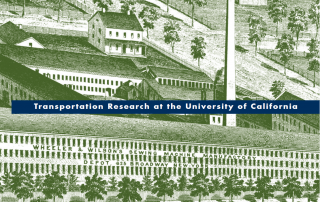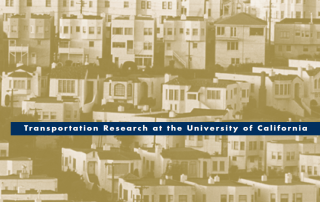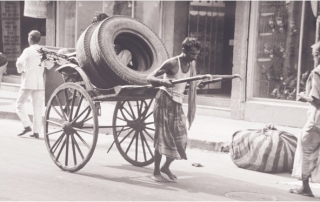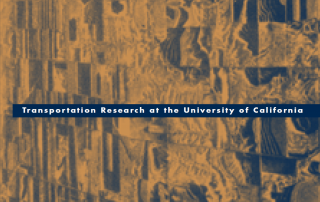Urgent Action Required
Melanie Curry
At a recent conference in Berkeley sponsored by the University of California Transportation Center, On the Road to Sustainability: From Research to Practice, researcher after researcher discussed the climate implications of a wide range of transportation issues. Participants heard how better coordination of systems for dealing with empty freight containers could reduce the numbers of truck trips; what effects, if any, various finance and land use policies have on the amount of driving people do; what new fuels are in the works and whether they hold potential for greenhouse gas reductions; how much aggregate— rock—is needed to complete California highway projects (a lot) and how much of it must be transported from overseas quarries. . . .





